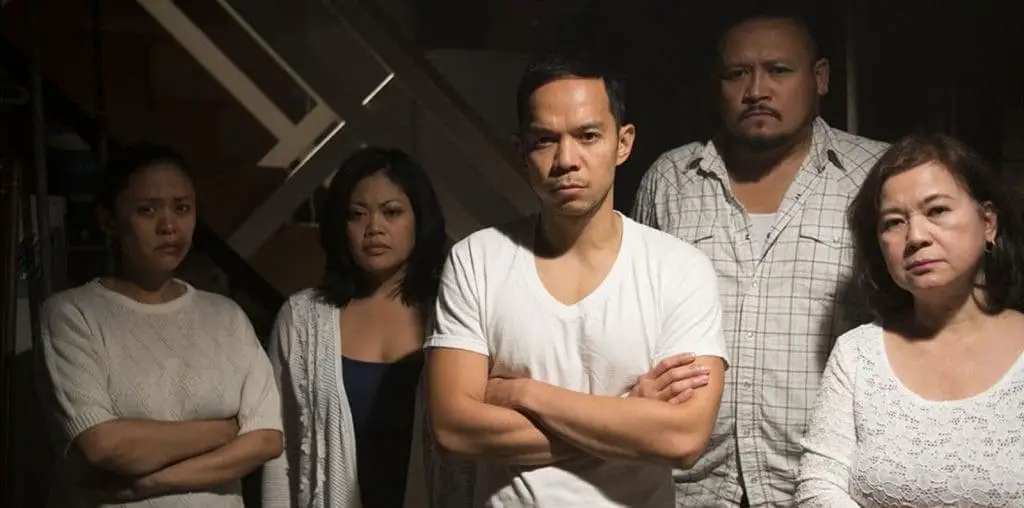
Cynthia Hill’s Private Violence is an important film. It is a disturbing, emotional, painful, infuriating, and hard-to-watch film but it is an important one. Too much of our society, particularly the people who write the laws that need to be revised, does not pay enough attention to domestic violence. Restraining orders don’t do enough to protect those who need to file for them. Our legal system still treats the issue like something to be hidden behind closed doors instead of shaming and punishing those who think it’s normal to beat another human being.
And our society too often blames the victim, refusing to try and comprehend why victims often go back to their abusers. “It’s their problem, not mine.” No, it’s all of ours. And so Private Violence has the potential for change. It’s an incredibly difficult film to get through but it’s important that people, especially those in positions to make the changes that decency should have demanded decades ago, make the effort to do so.
Private Violence focuses most of its running time on two people. The first is a victims’ rights advocate named Kit Gruelle, who was herself a domestic violence survivor and now works with battered women to get them the most justice possible. She speaks with victims on how to make cases against those who abused them. When does domestic abuse turn to attempted murder? That would make for more prison time. Did he ever threaten to kill her in front of other people? Gruelle finds witnesses to the abuse to strengthen a case. If a victim is taken across state lines against her will? That’s a kidnapping charge, which means a much-longer sentence because our broken legal system inexplicably says that travelling across an imaginary border with someone is more illegal than beating someone to near-death.
That last question comes into play in the case of the other subject of Private Violence, a brave woman named Deanna. A young mother, Deanna endured some of the most horrific violence at the hands of her ex-husband. Deanna’s life was the kind of nightmare that those who haven’t experienced something like it don’t even want to imagine. She was abused to the point that she would have seizures, nearly died, and often suffered these tortures in front of her child. Her husband’s deranged jealousy reached a breaking point one day and he threw her in the back of his truck and drove her around the country, taking breaks to do simply horrendous, stomach-churning things to someone he supposedly loved too much to even consider losing her to another man. Miraculously, Deanna survived. And she works with Kit to build a case through most of Private Violence, although Hill does intercut with a few other cases, to show the breadth of the problem.
Both of these women are inspiring to say the very least. Kit doesn’t just work with victims, she helps to train first responders to recognize signs of problems more quickly. She has done immeasurable good on a broad scale. At the same time, Deanna is a hero, not merely for surviving the unimaginable but for coming forward and sharing her story. A woman stuck in an increasingly dangerous situation could hear Deanna’s story and realize that these dynamics can elevate to places that so many of us do not even want to imagine.
As for the filmmaking, I love how little Hill does to interfere with the stories she’s telling and the message she’s trying to convey. A lot of filmmakers would have plastered the screen with stats about domestic violence or narrated the film in such a manner, which would have kept more distance from the impact of the true stories in the film. She lets her work unfold organically, which makes it harder to take but this issue should make for tough, unsparing filmmaking. When we hear part of the 911 call from the night that we know a woman was killed by her ex-husband or see the pictures of Deanna’s unrecognizable face after her ordeal, it’s tempting to turn away. We can’t do that anymore. We need to face it and do what we can to fix it. Just by being truthful and honest with its subjects, Cynthia Hill’s film feels like a call to action. Listen to it.
